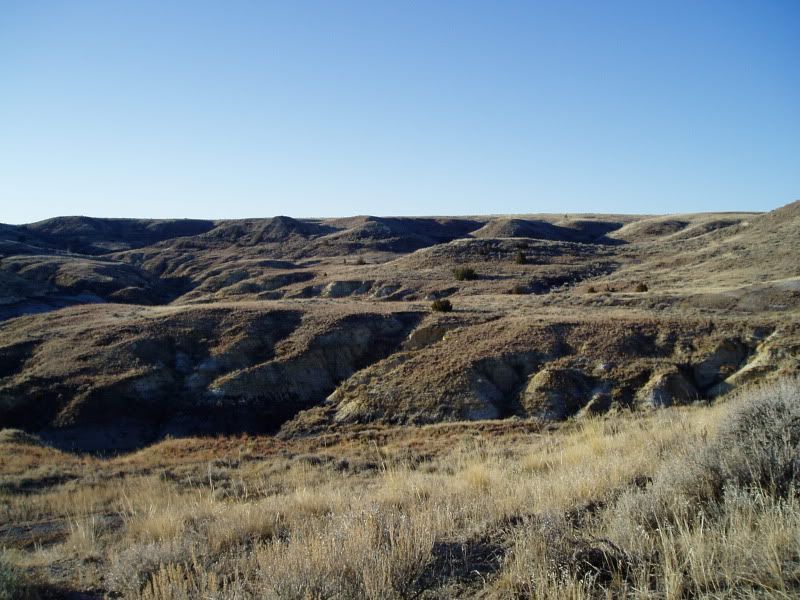So let me see if I have this correct; Sportsmen should just shut up, mind their own, and let it all disappear because their concern over habitat loss exists solely for what your implying as "selfish reasons"? Is this your point?
Is it right for a sportsmen/conservationist to be concerned, whether their concern is rooted within passion and love for wildlife or hunting? Does it matter what their reason? Is their concern not justified?
You've painted quit a nasty picture of your fellow sportsmen Carpt


.
Anyway, as we know sportsmen are the "premier conservationist". It's our love for wildlife, nature, and the outdoors that motivates the sportsmen to preserve what is natural and good (heritage, tradition). It began with Theodore Roosevelt. A hunter/sportsmen that was pained when he witnessed wildlife and habitat in distress do to poor choices and actions of some of our fellow human brothers. Would he have felt the same passion if he was not a sportsmen? I would hope so and I believe he would. But we really can't say.
I for one, hunter or not, have always had a passion for the outdoors/wildlife/habitat. I believe the MAJORITY of your fellow sportsmen can say the same.

:cheers:

